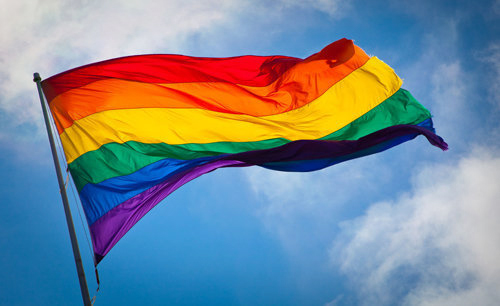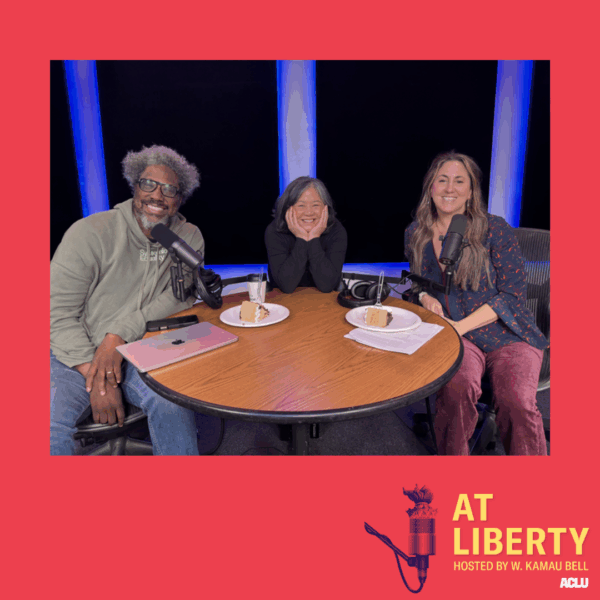
The passage of a bill in Utah last week that will protect gay and transgender people from discrimination in housing and employment is a timely and important achievement: It ensures that the LGBT community cannot be singled out for unequal treatment. Over 50,000 gay and transgender Utahns will no longer need to fear being fired or refused an apartment just because of who they are.
But it would be a mistake to assume that the remedies offered in SB 296 can be championed as a model for nationwide replication. Utah’s law still leaves gay and transgender people without much needed protections from discrimination in places of public accommodation like stores, restaurants, and theaters. And longstanding Utah law contains an exemption that means the nondiscrimination law doesn’t apply to religious organizations.
Last summer, coming on the heels of the Supreme Court’s deeply troubling decision in Hobby Lobby, the ACLU and other groups made the decision to withdraw support for the federal Employment Non-Discrimination Act over the inclusion of a sweeping provision to allow religious organizations to discriminate against LGBT employees.
In spite of demands for much broader exemptions in Utah, the bill that passed last week treats LGBT discrimination the same as other forms of discrimination prohibited under state law. That Utah now joins 18 states plus Washington, D.C., with explicit protections from discrimination is a significant accomplishment.
Sen. Jim Dabakis (D-Utah) acknowledged in The Washington Post that the bill underscores that common ground can be found among religious groups and gay and transgender advocates. Ultimately, that common ground rested on the fact that Utah already had an exceedingly broad exemption that freed religious employers from its nondiscrimination laws wholesale. These organizations are currently allowed to discriminate based on characteristics like race, sex, and age, and adding protections for LGBT people doesn’t change that.
However, this isn’t the rule in most of the country. It’s important to remember that existing laws in many states, and our federal employment nondiscrimination laws, do not permit religious organizations that serve the general public and employ people of diverse faiths to freely discriminate against their employees who hold secular positions.
Instead, these organizations are allowed to have a preference in hiring for people of their own faith. When it comes to other kinds of discrimination, they must operate under the same rules as all other employers. There’s no good reason to allow a religiously affiliated hospital to discriminate against women or people of color, and similarly there’s no good reason to allow them to engage in sexual orientation or gender identity discrimination.
We chose to support SB 296 despite these concerns, because it offers significant protections in Utah, and it doesn’t identify a person’s sexual orientation or gender identity as cause for more severe forms of discrimination."
That’s important, but it doesn’t make Utah an archetype for other states looking to protect LGBT people from discrimination. And it doesn’t mean that our work in Utah is over.

